The poisoning of Sergei and Yulia Skripal with the nerve agent novichok in 2018 was one of the more bizarre episodes in recent memory, a kind of delayed-action echo of the Cold War. Sergei, a former Russian military intelligence officer who acted as a double agent for Britain’s MI6 in the 1990s and early 2000s, had relocated to the UK in 2010 under a spy exchange agreement and was living in Salisbury, but evidently never felt entirely safe. As he was quoted as saying in this BBC One dramatisation of the affair, “Putin’s gonna get me”.
Typically of the goings-on in the worlds of espionage and realpolitik, the facts remain frustratingly elusive. Two Russian intelligence agents, Alexander Petrov and Ruslan Boshirov (possibly not their real names), were cited by the British government as the prime suspects in the attempted killings, but the Russians claimed they were innocent civilians. Almost everybody else agreed among themselves that the Russians must have been responsible, without ever quite pinning down conclusive proof.
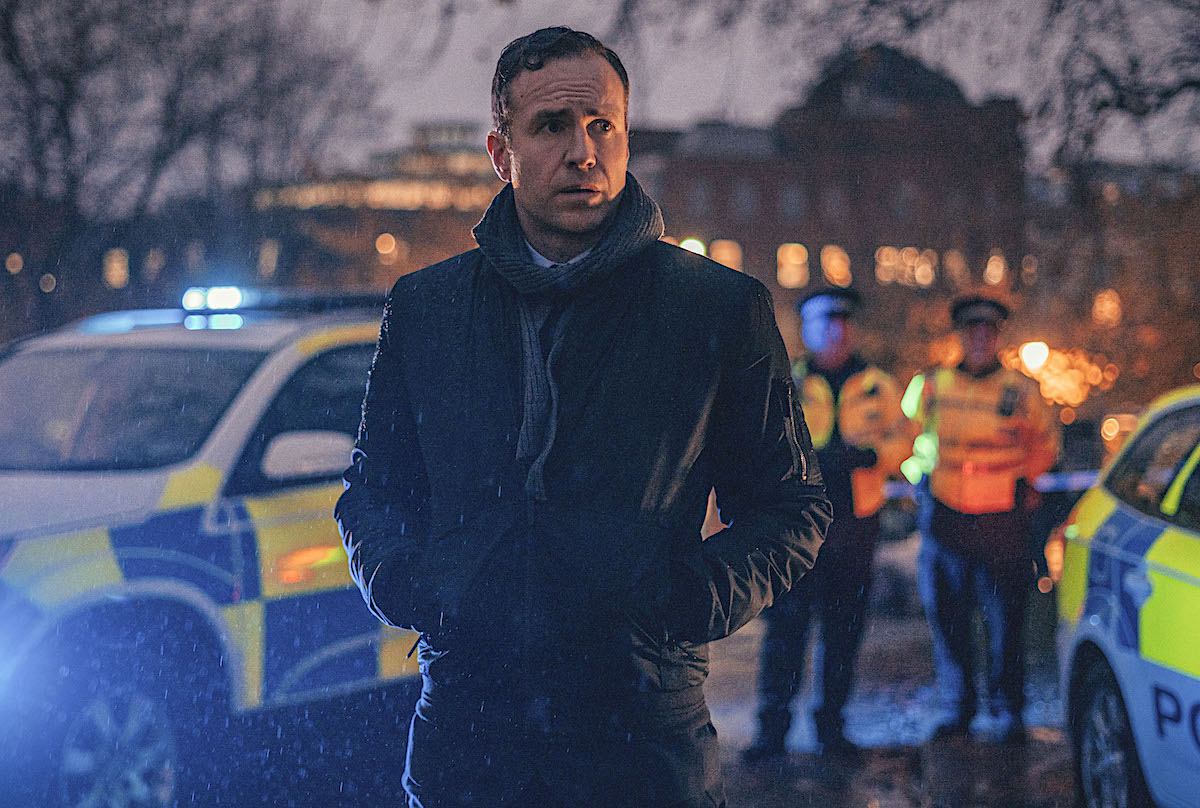 In this three-part series, writers Declan Lawn and Adam Patterson told the story largely as the British public perceived it through the media, from the discovery of the Skripals in a semi-comatose state on a Salisbury park bench, through the police investigation and the health-and-safety panic as the various authorities battled to ensure that the mysterious poison couldn’t spread and cause more mayhem. Director Saul Dibb had done a capable job of shooting the story like a high-quality thriller. The imagery was graded in moody blues and fizzing oranges, the tension discreetly cranked up by ever-circling police helicopters and camerawork that stalked its characters with quiet malevolence.
In this three-part series, writers Declan Lawn and Adam Patterson told the story largely as the British public perceived it through the media, from the discovery of the Skripals in a semi-comatose state on a Salisbury park bench, through the police investigation and the health-and-safety panic as the various authorities battled to ensure that the mysterious poison couldn’t spread and cause more mayhem. Director Saul Dibb had done a capable job of shooting the story like a high-quality thriller. The imagery was graded in moody blues and fizzing oranges, the tension discreetly cranked up by ever-circling police helicopters and camerawork that stalked its characters with quiet malevolence.
However, the problem with constructing the story only from the observable facts meant that there couldn’t be a dramatically satisfying solution, since the culprits were never brought to book and the mystery just gradually fizzled out. There was no effort here to probe behind the headlines, and the Russian suspects were merely glimpsed in passing on a TV in the background. Thus, The Salisbury Poisonings relied on the performances of its central characters to hold our attention and infuse some emotional depth into the proceedings.
Pick of the bunch was Anne-Marie Duff as Wiltshire’s Director of Public Health Tracy Daszkiewicz, growing increasingly haggard and hollow-eyed and getting ever rattier with her husband as the potential scale of the problem dawned on her. The invisible novichok can apparently retain its lethal potency for 50 years, and tracking down every last spot of the stuff was virtually impossible. However, Daskiewicz’s insistence on locking down the centre of Salisbury and instigating a thorough track-and-trace procedure might have been a valuable model to follow in the coronavirus crisis.
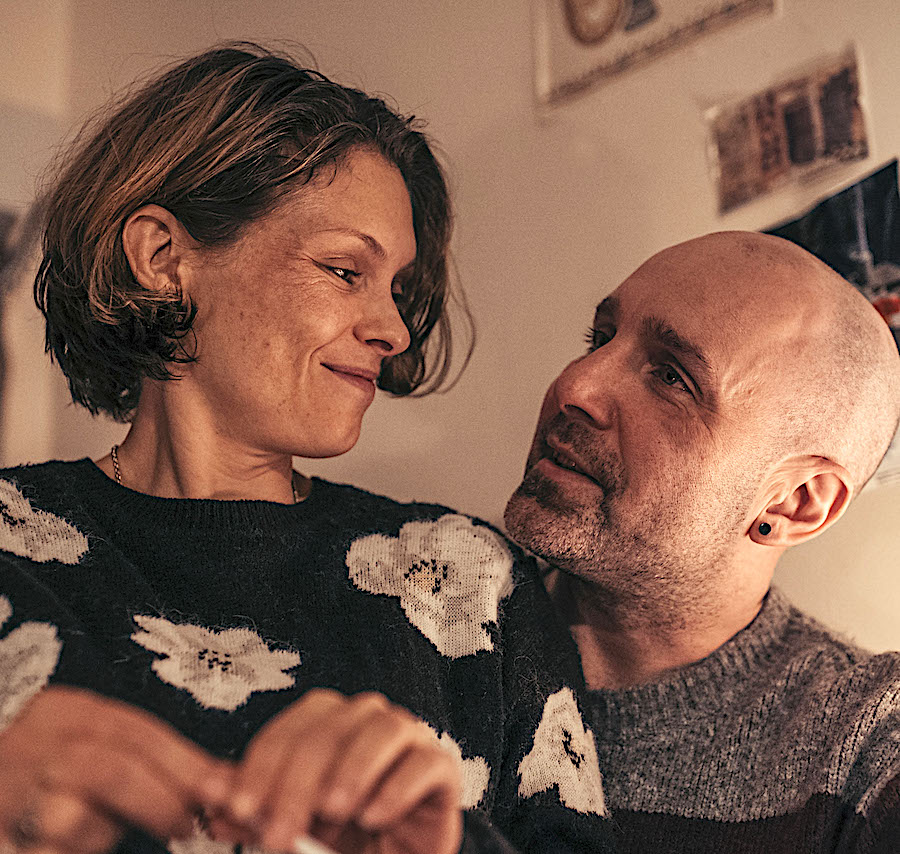 Also putting in some dogged grunt work was Rafe Spall as DS Nick Bailey (pictured above), who received a hefty dose of novichok from the handle of the Skripals’ front door and ended up in intensive care, fighting a physical and mental battle against a substance which seems to send every organ in the body, including the brain, haywire. The real-life Bailey is still in a prolonged state of recuperation.
Also putting in some dogged grunt work was Rafe Spall as DS Nick Bailey (pictured above), who received a hefty dose of novichok from the handle of the Skripals’ front door and ended up in intensive care, fighting a physical and mental battle against a substance which seems to send every organ in the body, including the brain, haywire. The real-life Bailey is still in a prolonged state of recuperation.
The sole fatality from the novichok attack was Dawn Sturgess, who was infected by spraying herself with what she assumed to be perfume given to her by her partner Charlie Rowley (Johnny Harris). MyAnna Buring played the troubled, alcoholic Sturgess with understated conviction, but the randomness of her fate made it difficult to integrate her and Rowley into the main story (Buring and Harris pictured above). One of the drawbacks of the series was that it gave little sense of how much time was elapsing between events, but Sturgess and Rowley’s encounter with novichok came nearly four months after the Skripals fell ill.
This was a sinister and depressing story, but not an ideal candidate for dramatisation. The missing pieces of the jigsaw meant that it was impossible to derive any meaningful message from it, other than that terrible things can happen to innocent people.

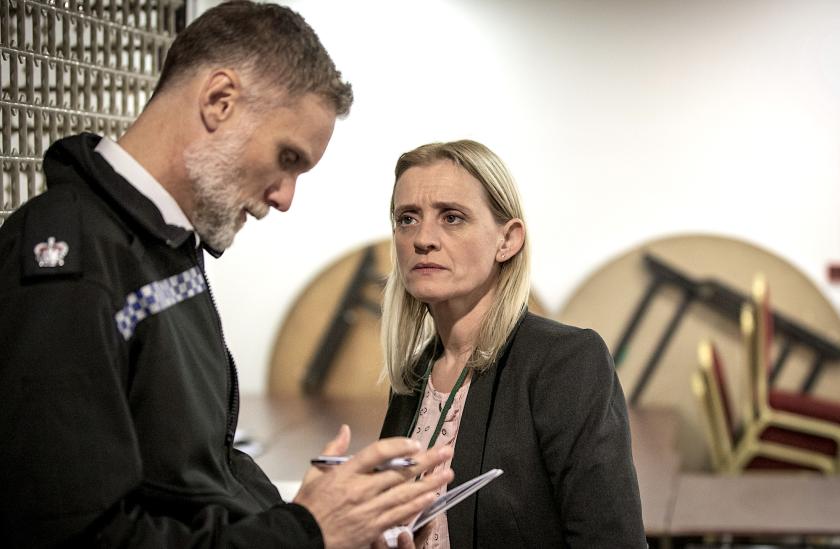




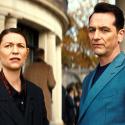
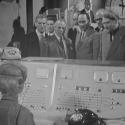



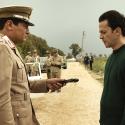


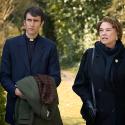
Add comment